The Last Flight
 Max Grogan, a pilot and avid photographer, posted this story to BeechTalk.com, a wonderful community of pilots and Beechcraft enthusiasts. I was immediately entranced and contacted Max directly to thank him for this heartwarming story of the brief friendship of two men, united by a love of flying. He was kind enough to give me permission to reproduce his words and photographs so that I could share them with you.
Max Grogan, a pilot and avid photographer, posted this story to BeechTalk.com, a wonderful community of pilots and Beechcraft enthusiasts. I was immediately entranced and contacted Max directly to thank him for this heartwarming story of the brief friendship of two men, united by a love of flying. He was kind enough to give me permission to reproduce his words and photographs so that I could share them with you.
This was a few years ago but as I’m on holiday this week, I thought it was a good chance to revisit this beautiful piece. It is worth putting aside half an hour of your weekend for this, I promise.
My Friend Clayton
This is a true story. May you be so lucky as to meet a man like him.
Words and Photography by Max Grogan
Although I had never seen the man before, I knew it had to be Clayton. I could tell by his walking cane. It was a knotty, crooked and gnarly old thing. I was sure I had seen it before. It looked as if a vine had once wound itself around a young sapling which was now fashioned into a support for an ancient relic of a man. Later I would find a joyful spirit, and the enthusiasm of a much younger man lay hidden in repose within his large but frail body. Once he was a young hero, answering the call to arms and performing his duty to preserve his nation’s freedom. But this day he leaned heavily on the cane as if he would topple, helpless, into a heap of old bones and wrinkled skin without its solid support.
The pilot grapevine works quickly. Should a wing be dinged, a tire burst upon landing, or someone forgets to lower their wheels, the phones will ring. Pilots are gossips when it comes to unusual happenings at their airport.
 I got the call on that beautiful post Labor Day afternoon: A plane had slid off the runway into the Tennessee River at Knoxville Downtown Island Airport. The story being relayed was that it was a beautiful and recently restored Mooney flown by a very old man.
I got the call on that beautiful post Labor Day afternoon: A plane had slid off the runway into the Tennessee River at Knoxville Downtown Island Airport. The story being relayed was that it was a beautiful and recently restored Mooney flown by a very old man.
I got the message around noon. I’m not one to go running to look at a wreck or other traumatic event, so I took no action to see the plane. I was planning to fly my plane that afternoon and decided I would look into it when I arrived. I had almost forgotten about the event by the time I drove across the bridge to our lovely airport. Upon arriving I went into the office for the usual free cup of fresh coffee. The place was buzzing with talk of the earlier incident when the plane went into the water. Now I was at the root of the grapevine. I listened as people described the event and the participants.
The stories related how an elderly gentleman, a former World War II pilot, had recently bought a newly refurbished Mooney airplane. He and his nephew decided it was a fine day for an airplane ride and off they went. Never mind that he hadn’t flown in over thirty years, or that no one had checked him out in the plane. Since he had paid cash and did not have an insurance policy with which to comply he felt he was on his own and could do as he pleased.
The Federal Aviation Administration requires a pilot to pass a physical examination and a flight review conducted by an instructor before acting as pilot in command. This pilot knew he could not pass either. But he had a burning desire to fly his own plane again. The gossip was he bought the plane and defied the regulations. He flew it. Fortunately he also took a passenger along on that fateful flight.
As I sat alone, on a picnic bench outside the airport office while finishing my coffee, an ambulance drove into the parking lot. A man in his forties, wearing hospital scrubs and carrying a small plastic bag exited the ambulance and entered the office. Shortly afterward he came outside and sat down near me. He was now carrying a strange looking walking cane as well as his package.
It occurred to me he might be one of the accident victims and I asked if that were true. With a sigh and a deep breath, he acknowledged he had, indeed, been in the plane. I asked him to tell me about it and he related the events of the crash. He paused occasionally to stare toward the runway and the hidden spot where the plane was mired in river bottom mud as if he were reliving the frightful experience. He was obviously shaken, and very concerned for his uncle who had sustained a bad bruise and serious cuts on his right leg, his only injuries thankfully. He had returned to the airport for his car and his uncle’s cane which the divers had recovered. The hospital had given him the scrubs to wear and the bag contained his wet clothing.

Clayton was his uncle, he said, and he had admired him all his life. He wanted to be like him and fly airplanes but had never had the opportunity. Uncle Clayton had lived in California since before he was born and he rarely got to see him. Over the years his uncle would talk about flying the big planes during WWII, including the biggest, the B-17. He had promised: Someday he would take him into the air.
Uncle Clayton’s wife had died only a year earlier. She had begged him to move her back to Tennessee before she died and it seemed the end was near for her. So Clayton sold their beautiful home of many years. It was very nice, and was perched on a cliff overlooking the Pacific Ocean. Unfortunately Clayton’s wife died only a few months after their return to Tennessee.
Clayton had loved his wife dearly. They were married for 67 years. He would do anything for her. After the war he had owned several small planes and had a slight accident in one of them. He gave up flying after that to please his wife. That was a huge sacrifice he made for love. Yet, he never gave up his dreams of owning and flying his own plane again.
Now, his wife was gone. So many years had passed since he was last involved in aviation. The old desire to lift into the sky and fly his own plane began to haunt him. He dreamed of flying once more. Old memories kept flooding his mind and he thought perhaps there might be one last chance to relive the days of his youth. As he mourned the loss of his beloved companion, the memories of his days performing graceful pirouettes aloft became overwhelming and he bought a plane. He was a man of significant wealth. He could afford to buy a nice airplane. He answered an ad in an aviation sales magazine and agreed on a price.
The plane was delivered to the Downtown Airport. Clayton went up with the seller for a short flight, payment was made, and the deal was completed. Once again Clayton owned a plane. It was a beauty, a Mooney, resplendent in its new finery of glistening white paint, leather upholstery and high end avionics. This Mooney was a fast, complex, high performance plane. Its forward cocked tail and low slung retractable landing gear showed promise of high speed even while sitting still on the airport ramp. Clayton wanted to fly it and take his nephew aloft but there were the license and medical currency problems.
Clayton had a valid pilot’s license, as they never expire, but he was 89 years old and in bad health. He knew he could not qualify medically so therefore could not be tested for proficiency with a required semi-annual flight review. Also disappointing for him was that none of the instructors of whom he inquired would go up with him. They feared, rightly so, he might go flying on his own with possible serious consequences.
So, unable to meet federal requirements, Clayton woefully let the fast, sleek Mooney sit on the ramp for days, then weeks, until finally a month had gone by. Clayton could resist no longer. He went to the airport and started the engine in his plane. It purred smoothly, with a low rumble and a promise of speedy high adventure. He taxied it across the ramp and down the taxiway to the end and near the runway. He ran the engine up to medium power while holding the brakes, but he resisted the temptation to go at high power down the runway and lift off into the sky. He returned to the ramp, tied the plane down and went home. Sadly unfulfilled, he returned again the next day, and the next. The routine of taxiing was repeated at higher and higher speeds but he would, each time, return and park the plane on the ramp. Then he gave in to temptation. He called his nephew and announced he was ready and they were going flying. The big day had arrived.
The nephew innocently arrived after the announcement that Uncle Clayton had been practicing and was ready for their flying adventure. Finally, the promise would be kept!
They boarded the plane and, in routine fashion, Clayton taxied the plane, performed the engine check, and off they went. Into the sky they soared. Clayton made graceful turns, climbed and dove. He performed a stall and even a spin. What a skilled pilot he was and the nephew was so excited and proud. All too soon they flew toward the airport. Clayton announced he would make a few landings. As they neared the runway he lowered the landing gear.
 He flew above the runway at high speed and the nephew though it was just practice, a low pass but, suddenly, at 120 miles per hour, the plane’s wheels touched down on the runway. Uncle Clayton was attempting to land the plane! The nephew instinctively knew they were flying much too fast, but it was too late. Although the runway is 3,500 feet long there was less than a thousand feet remaining when the Mooney first touched down. Clayton closed the throttle and applied full brakes until they were locked and sliding, but the nephew knew this was not going to stop the plane in time. Down the asphalt they skidded, then across five hundred feet of grassy over-run, but still the plane was not stopped. Beyond the grassy area was the rocky rip-rap protecting the island’s banks. They bounced through the rocks and on beyond and across the sandy shore. Still with energy in reserve the Mooney skidded into the water and was propelled fifty feet from shore before it finally stopped.
He flew above the runway at high speed and the nephew though it was just practice, a low pass but, suddenly, at 120 miles per hour, the plane’s wheels touched down on the runway. Uncle Clayton was attempting to land the plane! The nephew instinctively knew they were flying much too fast, but it was too late. Although the runway is 3,500 feet long there was less than a thousand feet remaining when the Mooney first touched down. Clayton closed the throttle and applied full brakes until they were locked and sliding, but the nephew knew this was not going to stop the plane in time. Down the asphalt they skidded, then across five hundred feet of grassy over-run, but still the plane was not stopped. Beyond the grassy area was the rocky rip-rap protecting the island’s banks. They bounced through the rocks and on beyond and across the sandy shore. Still with energy in reserve the Mooney skidded into the water and was propelled fifty feet from shore before it finally stopped.
Now they had been in a plane crash and the plane was sinking into thirty feet of water. The nephew hastily opened the door and crawled onto the wing. He reached back inside and tugged and pulled at his uncle until finally he too was on the wing. Just as the plane slid beneath the surface they began to swim for shore. Clayton was struggling and the nephew, a skilled swimmer, turned him onto his back and began one-handedly paddling them to shore with Clayton yelling and splashing. Fortunately a mowing crew of two men had rushed to the shore soon after they saw the plane slide into the water. The two men dove into the lake and met the nephew and helped get Clayton safely on land again. Although shaken the nephew was uninjured but Clayton was having problems with his right leg.
Soon emergency medical personnel arrived and transported both men to the nearby hospital for observation and possible treatment. A rescue team was summoned and divers went into the water and attached a cable to the tail-end tie-down ring of the fully submerged plane. An attempt was made to pull the plane ashore but the landing gear dug into the muddy bottom twenty feet from shore, halting the removal effort. The divers removed what personal items they could from the plane, including the pilot’s walking cane. They tied the cable to a small tree to keep the river’s current from sweeping it downstream toward Knoxville.
As I flew over the partially submerged Mooney later that afternoon, I reflected on the events related by the nephew and others. I was saddened by the end of the story about his long awaited adventure with his Uncle Clayton. The plane would remain there for two weeks until a salvage crew finally arrived, lifted it ashore, removed the wings and carted it away.
A few months later, on another of my frequent visits to the airport, I was looking out the office window at the planes tied down on the distant west ramp. I spotted a V-tailed Beechcraft Bonanza that I had not seen before. Since that is the type of airplane I own, my curiosity was aroused. I asked the lady on duty if that was a transient or a newly based plane at our airport. She allowed as to how it was now based at our airport and owned by a man whose first name was Clayton. I said “Surely you don’t mean the same Clayton who put the Mooney into the water!”. With a big grin, she said it was. I asked if he was flying it. She said he wasn’t, because he couldn’t get anyone to fly with him. I couldn’t believe it. He had bought another plane. His dream was still alive!

Weeks passed and the Bonanza apparently was never moved. Over time sand and grit had blown against the plane’s tires making a little ridge, a tell-tale sign of inactivity. The windscreen was hazy with a thick layer of dust. I kept checking, but there was no change and the tires were slowly losing their air.
Then, on a mid-afternoon visit to the airport office, I saw the gnarly cane again. I stood and studied the man leaning upon it for support. I recalled the other time I had seen the cane and the story I was told that fateful day.
There could be no other like it, being of such uncommon design. It was being leaned upon by an elderly gentleman engaged in conversation with another stranger. This had to be Clayton. I was excited. I really wanted to meet him. I walked over to the ancient stranger and introduced myself, announced I was a plane owner and asked if he owned a plane, while thinking I probably knew the answer. The old gentleman looked me squarely in the eye, and, while leaning upon the cane, rose to the full height allowed by his worn body. Then he took a deep breath, pointed with the cane and proudly said “Yes, I do, I own a Bonanza, the one parked on the ramp there.”.
Smiling inside, and feigning ignorance, I asked if he was flying it much. He replied that he was not, and as a matter of fact, had never flown it. He said he could not get anyone to fly with him. I announced firmly “Sir, you are looking at a man who will fly with you.”. He looked at me with a wide smile and a bright sparkle in his old grey eyes. He said “Hallelujah, I will get to fly my plane.”.
Our friendship had begun.
 Clayton and I went to my hangar where I showed him my Bonanza and related a summary of my flying experience. We sat on the old tattered sofa and enjoyed the warm spring weather with the hangar door fully opened. We sat and chatted for a long while, into the late afternoon. He showed me the bandages on the unhealed leg and related the events of the Mooney crash. They were much the same as related by his nephew. He matter-of-factly said he just forgot how to slow the plane down for landing. No excuses. I liked that about him.
Clayton and I went to my hangar where I showed him my Bonanza and related a summary of my flying experience. We sat on the old tattered sofa and enjoyed the warm spring weather with the hangar door fully opened. We sat and chatted for a long while, into the late afternoon. He showed me the bandages on the unhealed leg and related the events of the Mooney crash. They were much the same as related by his nephew. He matter-of-factly said he just forgot how to slow the plane down for landing. No excuses. I liked that about him.
The better part of an hour was spent listening to Clayton talk of his days in the US Army Air Corps. I kept prodding him for more information until I had a pretty good idea of his military service. He was inducted fairly late in the war as he was employed in a job which excluded him from military service when the war started. He left the job and volunteered for the military with a firm goal of becoming a pilot. He reached his goal and received his initial pilot training in Texas. He trained in open cockpit Boeing PT-18’s (Stearmans) and advanced to instructor. He soon moved into multi-engine training and eventually became qualified in the B-17, a very large four-engine bomber. He was instructing in the B-17 when the war ended, having never left the states for combat.
Over the next few meetings with my elderly friend I was able to extract more and more fascinating information about all the planes he flew. The things he related from his two years flying in the military were of great interest and I never tired of hearing of them. He had an interesting civilian life as well. After the war he returned to his original home, Knoxville, and gained employment with a food processing company. He advanced to plant manager then accepted an offer to move to California in 1957 for a similar but much higher paying job. He got lucky with stock options and was able to retire at the very young age of fifty.
Clayton owned several single engine airplanes between 1946 and 1975. The list included planes made by Luscombe, Taylorcraft, Cessna and, his favorite, Swift. He flew all over the country as he lived in the east and later on the west coast. His wife never really liked airplanes and only flew with him a few times. Although he quit flying to please her he never lost his love of aviation and missed it greatly during the following years.
During that first meeting at my hangar we made plans to fly his plane. We agreed to meet the following day and set a time. He reached for the old cane and, using it, struggled to his feet, flashed the wide smile I’d seen before and laughingly proclaimed “Boy,oh boy, we’re gonna have fun!”.
I purposefully arrived a half hour early the next day to do a thorough pre-flight inspection of the Bonanza and to put air in the tires. It was a fine day in mid-May, cloudless, with bright sunshine and light wind. Clayton, full of exuberance, was already there ahead of me. He was sitting in the cockpit of the plane, on the pilot’s side, manipulating the controls. Clayton, by now, was ninety years old. But his attitude belied his age this day. He had the look and air of excitement of a child about to be turned loose on a playground.
I performed a very thorough inspection of the plane. It had now been sitting on the ramp for over two months without being flown. As I finished checking all parts of the plane, and satisfying myself it was in a safe flying condition, I walked in front of the left wing and spoke through the window opening. I told Clayton the plane was ready to be flown but there was one last thing: I would be occupying the left seat as I would be the chief pilot. Though I could detect slight disappointment, he nodded and said “That’s fine, I just want to get in the air.”.
We were ready. Surprisingly, the engine started very easily. It ran smoothly and oil pressure was excellent. I made sure we had good communication over the intercom and left the ramp for the run-up area at the end of the taxiway. The run-up check verified excellent engine and propeller function. I turned and told Clayton to put his feet on the rudder pedals and his hands on the wheel. I instructed him to put no pressure on the controls and the goal was for him to be able to feel the control inputs I would make.
I taxied the plane to the departure end of runway 8, applied full throttle and guided the plane down the centerline. The plane lifted off smoothly and I raised the landing gear. We were flying. When we had gained 200 feet of altitude I removed my feet and then my hands from the controls. I turned to Clayton and announced “You have the airplane, maintain this attitude and fly straight ahead. He seemed to sit straighter as he assumed control and he had a look of great concentration as he guided us through the air.
I directed Clayton’s efforts. I would give him a compass heading and an altitude and he would guide the plane in response to my requests. At first I handled all engine power settings. He flew to the northeast until we had risen to 5,500 feet as indicated on the altimeter. After having him level the plane I told him to make some ninety degree turns and to maintain a constant altitude. I gradually increased the difficulty of the maneuvers. We flew in steep turns, climbs and descents. We did figure eights and 360 degree turns. My new friend and co-pilot flew the Bonanza with skill and finesse. He was an excellent pilot and his touch on the controls was light and smooth.
 After twenty minutes of maneuvering I asked what he wanted to do next and he said he just wanted to fly around and look at the beautiful countryside. So we sat and flew in silence. He would occasionally dip a wing for a better look and make a turn or two. I managed a few covert glances at my co-pilot. The look of joy and contentment on his old sagging and wrinkled face was one I shall always treasure. That look put a song in my heart that still resonates to this day whenever I think of him.
After twenty minutes of maneuvering I asked what he wanted to do next and he said he just wanted to fly around and look at the beautiful countryside. So we sat and flew in silence. He would occasionally dip a wing for a better look and make a turn or two. I managed a few covert glances at my co-pilot. The look of joy and contentment on his old sagging and wrinkled face was one I shall always treasure. That look put a song in my heart that still resonates to this day whenever I think of him.
I finally said “Clayton, take us home. We need to work on your landings.”. He burst into laughter and cackled: “I’ve sure proven I need help with that, haven’t I?”. He flew us back into the vicinity of the airport and I began to advise him on power reduction inputs and speeds to fly. I told him I would re-take control of the plane once we were lined up with the runway. This I did and executed a landing, with him on the controls, lightly, feeling my movements. Then as the plane rolled down the runway there was quite a bit of vibration from the left wheel. I called it quits for the day as I thought this would require either repair or adjustment.
What a magnificent day of flying we had! We tied the plane on the ramp and went to my hangar for a soda and a de-briefing.
We sat on the old sofa and talked on and on about all the things he wanted to do and the places he wanted to visit in his plane. We talked of other things as the day wore on. He told me of his career and good fortune in business. I learned how he met his wife almost three quarters of a century earlier, and how much he had loved her for all those years. As he spoke of her, I sat in silence. I noticed that tears were making little trails across his weathered and lined face. There were no apologies for the tears, and he made no effort to wipe them away. We looked directly into each others eyes, and he knew I understood.
I fell in love that day, in love with Clayton’s ebullient spirit and a determination to continue having a zest for an exciting life. I discovered a kindness and caring for others that was admirable. Most of all he was a true gentleman whose courteous ways reminded me of my father and others of a bygone era.
I took control of the plane’s maintenance and had it inspected and serviced by my mechanic. It was two weeks before the plane was ready. I kept Clayton briefed on the progress and let him know when the work was done.
 We flew again in early June, flying to Oneida, Tennessee, where we fueled the plane and practiced a couple of landings. He flew the plane for all except the last minute or so of the landings. After we parked the plane I told him I was nervous now because he was again a good pilot. I asked him to promise he would not fly the plane without me. He said “Sure thing, Boss”. He pitched me the keys to the plane. He put me in charge.
We flew again in early June, flying to Oneida, Tennessee, where we fueled the plane and practiced a couple of landings. He flew the plane for all except the last minute or so of the landings. After we parked the plane I told him I was nervous now because he was again a good pilot. I asked him to promise he would not fly the plane without me. He said “Sure thing, Boss”. He pitched me the keys to the plane. He put me in charge.
He insisted he would treat me to dinner and we went to his favorite place, a steakhouse overlooking downtown Knoxville and the Tennessee River. We sat out on the patio and enjoyed our meal in the late afternoon sunshine as gentle breezes wafted up from the river. I discovered Clayton’s fluency in Spanish as he had a short discourse with our server. I was surprised. He ate there often, he explained. He had learned earlier she was a graduate student at the university and Spanish was her major. His knowledge of Spanish was acquired while living in California. He had vacationed often in Mexico and learned the language to be able to talk to the natives. It was another interesting facet of this jewel of a man.
Clayton invited me to his home and told me to bring my wife. I jokingly said “Oh no, I can’t bring her, you will try to take her away from me.”. He replied with enthusiasm “You bet I will and I just might do it!” So we agreed on a date and my wife and I drove the twenty miles to the northeast to his lovely hill-top home where he had a view of the distant Smoky Mountains. In his den I saw a karaoke machine and asked him to sing for me. He had a deep resonant voice and sang well for a couple of minutes then asked us to join in the singing. We sang a few songs with him and had a very pleasant visit. We made plans to fly again soon.
 We flew again two weeks later. Clayton was making the landings during the end of the flight as I followed on the controls. His injured leg still bothered him. It had been bruised badly in the accident and a body as old as his repairs itself slowly. But, I was impressed with his ability and would have felt comfortable with him in command in the left seat. I told him so. He thanked me for the compliment and asked if I would go on a long trip with him. I responded in the affirmative and he said he wanted to visit someone in Arizona. We went to my hangar and pored over an aviation map of the United States. We planned two fuel stops for comfort and he was very excited. I said “Captain, I’ll put you in the left seat. I’ll bring a good book and relax while you pilot us to Arizona”. He beamed a radiant smile and used his favorite exclamation: “Boy, oh boy, we’re gonna have fun!”. He wanted to go soon and we talked of possible dates, needing to work around a couple of doctors’ appointments he had on his schedule. It became time for him to go. We hugged each other as had become our custom on parting. He shuffled to his car using the old gnarly cane and drove away.
We flew again two weeks later. Clayton was making the landings during the end of the flight as I followed on the controls. His injured leg still bothered him. It had been bruised badly in the accident and a body as old as his repairs itself slowly. But, I was impressed with his ability and would have felt comfortable with him in command in the left seat. I told him so. He thanked me for the compliment and asked if I would go on a long trip with him. I responded in the affirmative and he said he wanted to visit someone in Arizona. We went to my hangar and pored over an aviation map of the United States. We planned two fuel stops for comfort and he was very excited. I said “Captain, I’ll put you in the left seat. I’ll bring a good book and relax while you pilot us to Arizona”. He beamed a radiant smile and used his favorite exclamation: “Boy, oh boy, we’re gonna have fun!”. He wanted to go soon and we talked of possible dates, needing to work around a couple of doctors’ appointments he had on his schedule. It became time for him to go. We hugged each other as had become our custom on parting. He shuffled to his car using the old gnarly cane and drove away.
As I watched him depart, I could not have known I would never fly with him again. I got the call. The one we never want. Clayton had died. His old heart had given out, beat its last beat. He made his last flight from earth and is now flying with the angels.
I grieve for my friend Clayton. I never fly my Bonanza without thinking of him. I loved his spirit, and the tenderness and kindness he showed me. He gave me the gift of his confidence: Confidence in my ability as a pilot and the very personal things he shared with me, never saying they were not to be repeated. We understood each other. We soared together, in his plane and in our many visits on the old sofa in my hangar. We talked of the things we had loved in life and the things we hoped to do. Though only a memory now, Clayton lives on in my heart and I treasure what we shared. Every moment. Every laugh. Every tear.
He was buried on a hot day in early July.
The cane was buried with him.
Author and Photographer: Max Grogan
All Rights Reserved.
(See more of Max Grogan’s photography here)
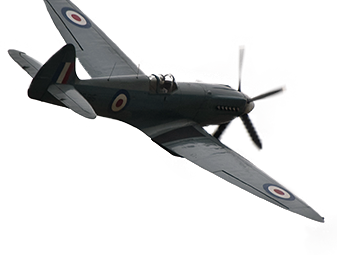
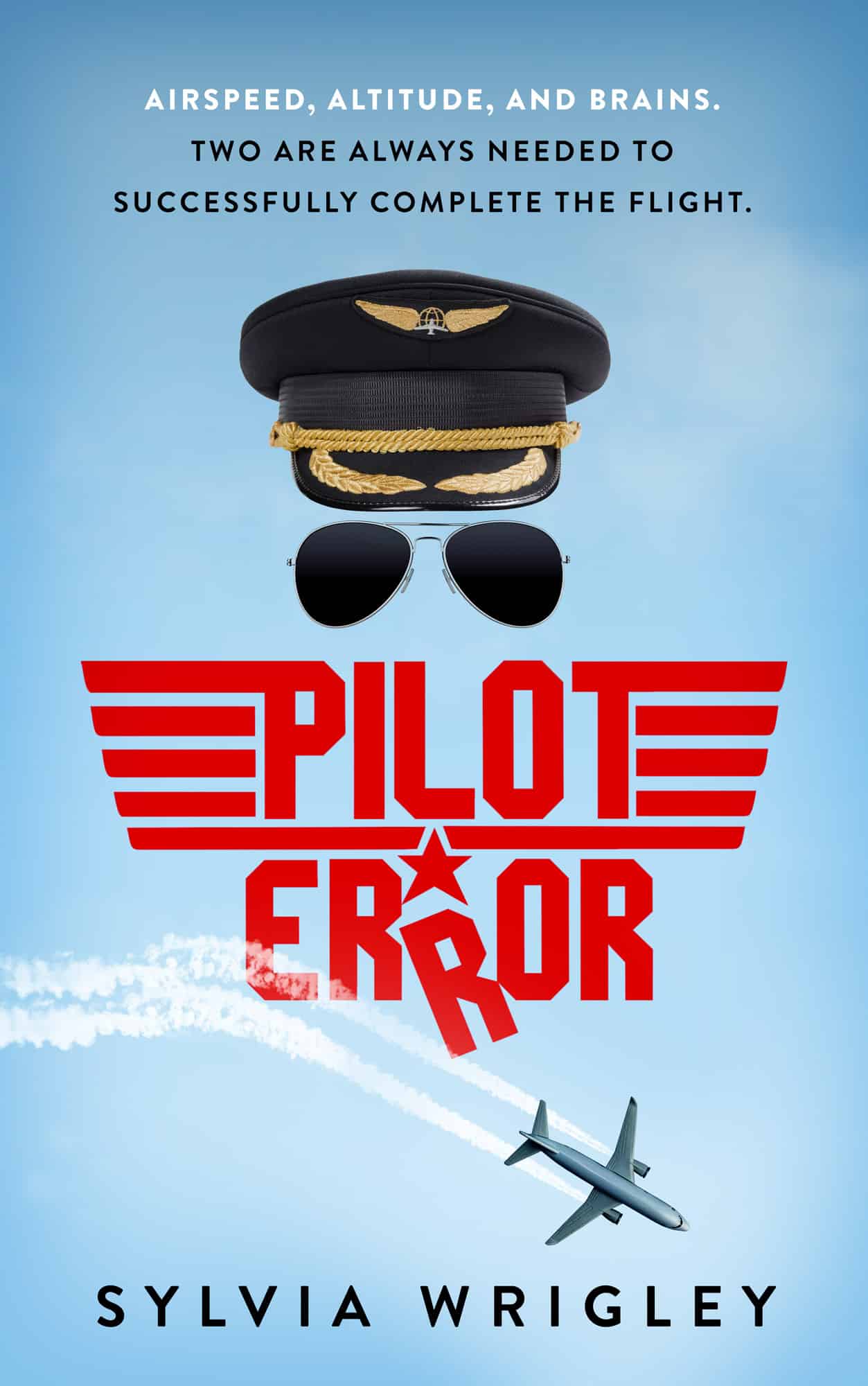
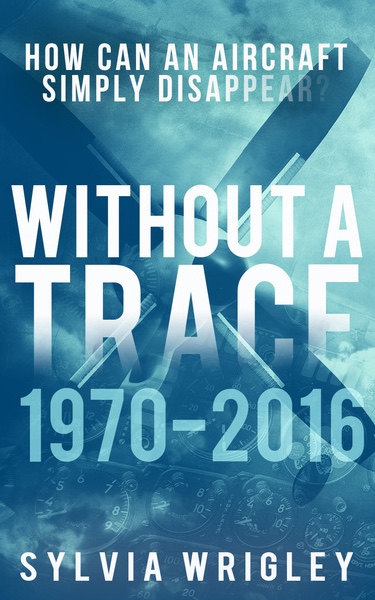
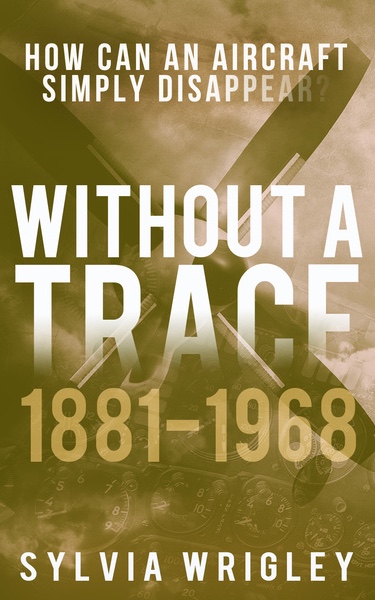
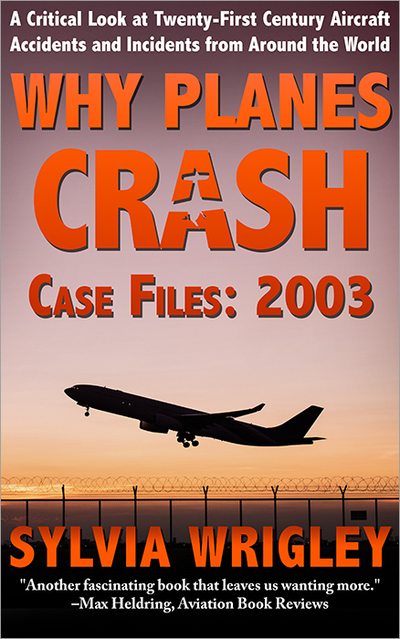
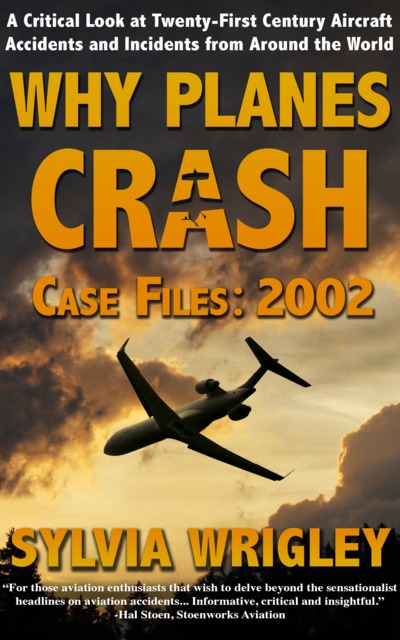
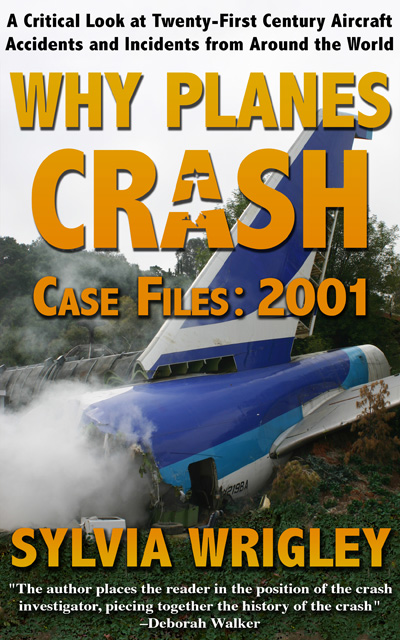

I have what’s left of that airplane never knew the story